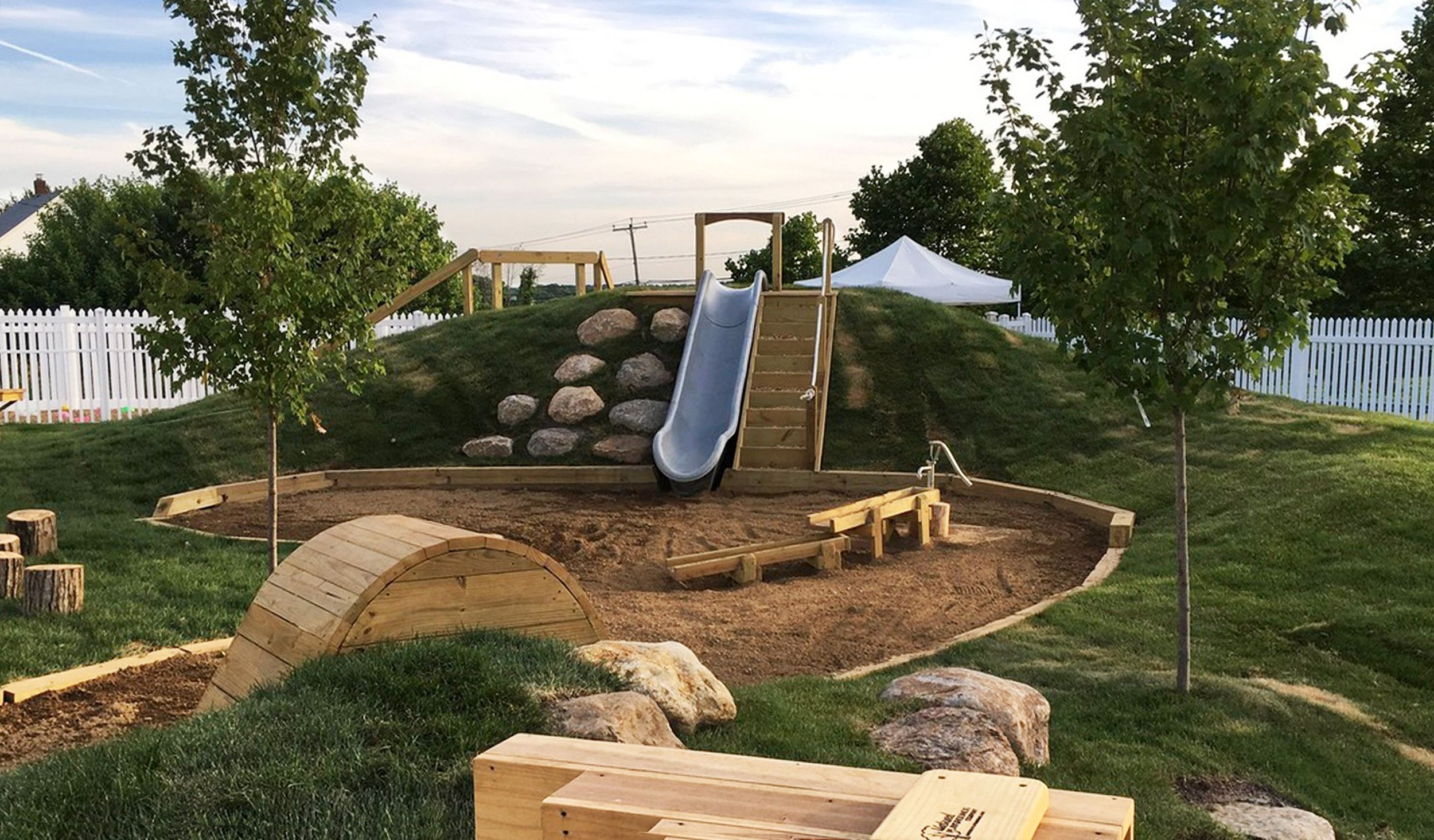Need to balance screen time with green time
Benefits of nature play:
Natural Playgrounds
For children, play is learning. There is no better space for children to learn than the outdoors, and there is no better play resource than nature! In the structured, busy and the technologically advanced world we live in, the role of outdoor play that we experienced as children has been forgotten.
While we need to support the importance of technology as part of modern-day life and education, we need to be mindful and purposeful for that use of technology and balance it with nature play every day.
There is a huge amount of research on the benefits of nature play for children. Firstly, there are alot of physical benefits such as moving in ways to promote physical wellness. For example, children when engage in nature play, they move in different ways then other children. They are lifting rocks, climbing over things, and running through imaginary nature spaces. Studies have found that when children play outdoors, they are more physically active than when they play indoors. When children run, jump, climb, throw and kick balls, and ride toys that require balance, they also build gross motor skills and start developing a habit of being active.
Natural environments provide children with more challenging situations and ability to cope with stress. There has been multiple evidence suggesting that repeated exposure to high-quality, unstructured outdoor play opportunities has a positive impact on social and cognitive development such as executive functioning (this includes memory, flexible thinking and self-control). Contact with alot of living organisms (plants, animals, insects, bacteria) can also help boost children’s immune system.
Natural environments also provide alot of sensory input for children for example proprioceptive input (which is our bodies system that receives input from muscles and joints to know our bodies position in space) for ex being able to touch your nose with your eyes closed. Children need different sensory experiences throughout their childhood to optimize their sensory integration.
How to get more outdoor play in your child’s life:
Get them to help with outdoor chores like watering the grass and weeding
Add a regular outdoor activity into the schedule for example going for a daily walk or bike ride
Organize play dates at the park instead of in the home
Make up a scavenger hunt for your next park visit and get your children to run around to find items on the list. A scavenger hunt with visuals would be helpful for younger children.
Take old kitchen pots and tools to the beach to make mud pies or even in your own garden
Take morning breakfast or lunch outside and have a picnic
Play hide and seek in the park, this will help get them outdoors but also increase their confidence in exploring new environments with independence
Do a summer camping trip

